Chronic Disease Management In Primary Care
Chronic disease management in primary care. An Analysis of Early-Career General Practitioners Consultations Involving Psoriasis Sameerah Nawaz 1 Amanda Tapley 2 3 Andrew R. More chronic diseases led to higher PHC service utilization across all age groups. Chronic Obstructive Pulmonary Disease COPD Cardiovascular Disease including.
Primary and community care are key settings for the effective management of long term conditions. If any patient suffering from the chronic medical condition such as asthma COPD cancer diabetes strok. The number and type of conditions varied by age.
As well as capacity building in the health care workforce2 Primary care has an important role in chronic disease management as increasingly general practitioners and other primary health care professionals are managing people with chronic disease often in collaborative arrangements with specialised services. On top of that your family history or risk factors may make you more susceptible to some medical conditions. Monitoring renal function is an important task and primary care clinicians are well placed to oversee this aspect of care along with the management of modifiable risk factors particularly blood pressure and proteinuria.
About 4 out of 10 41 patients had at least one of seven chronic diseases and 6 had three ormore diseases. Primary care clinicians rely on guidelines for common chronic diseases such as type 2 diabetes chronic kidney disease and hypertension to inform them which tests they should recommend to their patients and how frequently these should be done. Thats why its so important to stay on top of your health and when medical issues crop up to properly manage them.
Validated and maintained disease. Management of a Chronic Skin Disease in Primary Care. Chronic Disease Management in Primary Care Maintaining good eating habits and regular exercise can be difficult.
A patient centred approach. Chronic disease management in primary care is an im-portant part of both prevention and treatment of chronic conditions but there is a need to understand which interventions are effective for whom and in what context 6. It is the APN roles to reform the issue of poor self-management.
Chronic disease is defined by the World Health Organization WHO as being of long. In order to deliver quality chronic disease management services within primary care we have to have.
A systematic review of chronic disease management interventions in primary care Abstract.
PHC plays a critical role in chronic disease management. Van Driel 4 Alison Fielding 2 3 Elizabeth G. Chronic Obstructive Pulmonary Disease COPD Cardiovascular Disease including. This service is provided to the patient suffering from the chronic or terminal health condition and require multidisciplinary care. Supporting Systems Change Persistent gaps exist in care for patients with chronic kidney disease CKD such as inadequate blood pressure BP control and low use of angiotensin-converting enzyme ACE inhibitors or. Ensure that they identify the barriers as well as the facilitators of effective self-management. Holliday 2 Jean Ball 5 Irena Patsan 2 3 Alyse Berrigan 3 Simon Morgan 1 Neil A. The first phase of the Programme is targeting GMSGPVC patients aged over 75 years with the following chronic diseases. In order to deliver quality chronic disease management services within primary care we have to have.
Consultation with stakeholders and policymakers is valuable in shaping policy options to support the implementation of the National Chronic Disease Strategy in primary care. Managing Chronic Disease in the Primary Care Setting APN must be research about the patients personal values and cultural believes to check if the cause of the chronic illness. Consistency from the multidisciplinary team in terms of targets schedules of care clinical management etc. Van Driel 4 Alison Fielding 2 3 Elizabeth G. Chronic disease management in primary care is an im-portant part of both prevention and treatment of chronic conditions but there is a need to understand which interventions are effective for whom and in what context 6. The Chronic Care Model provides a useful framework for understanding the impact of chronic disease management interventions and highlights the gaps in evidence. Supporting Systems Change Persistent gaps exist in care for patients with chronic kidney disease CKD such as inadequate blood pressure BP control and low use of angiotensin-converting enzyme ACE inhibitors or.
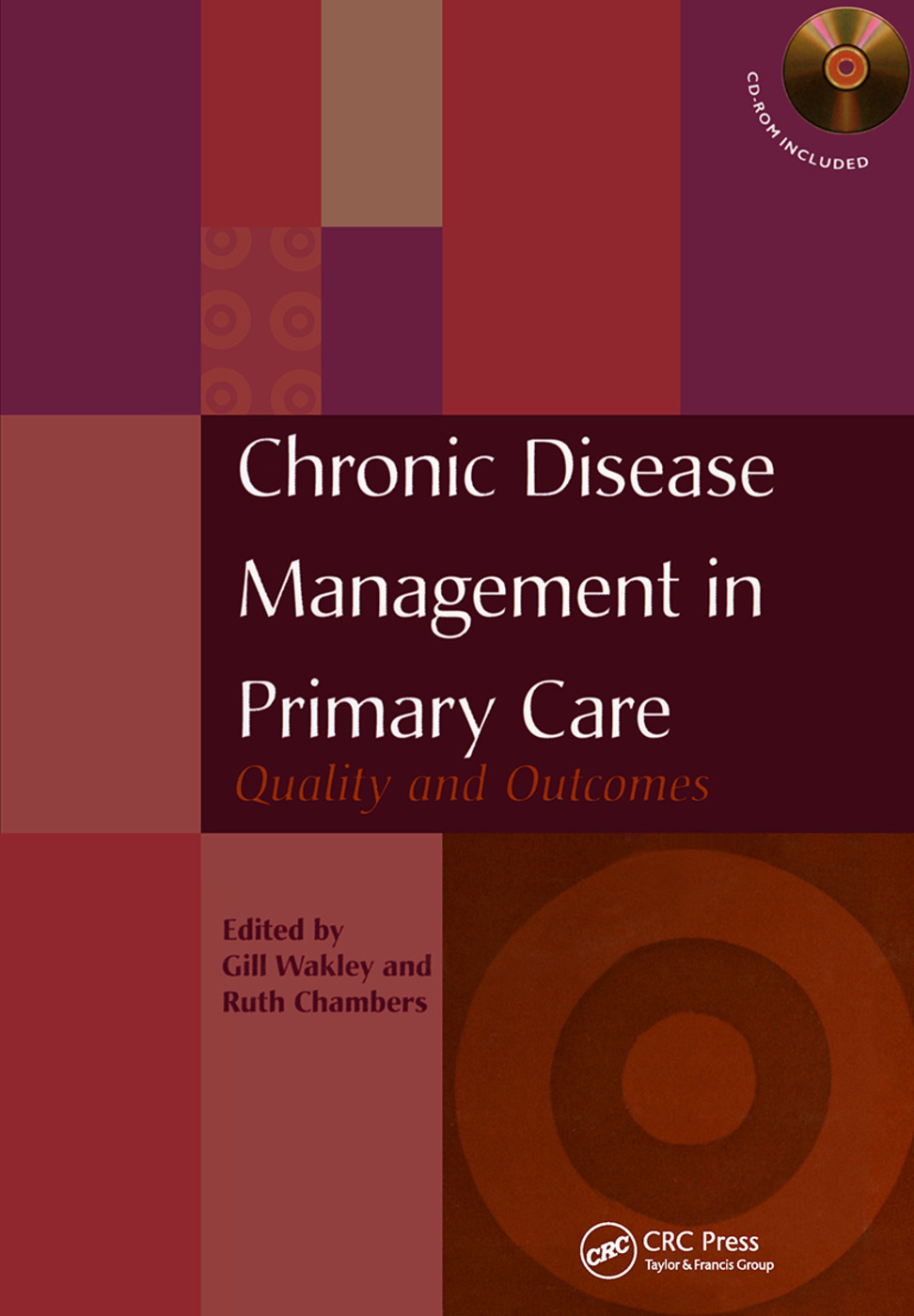







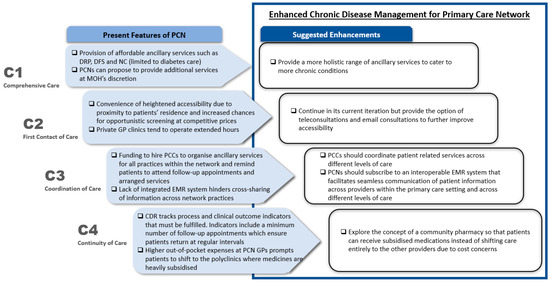

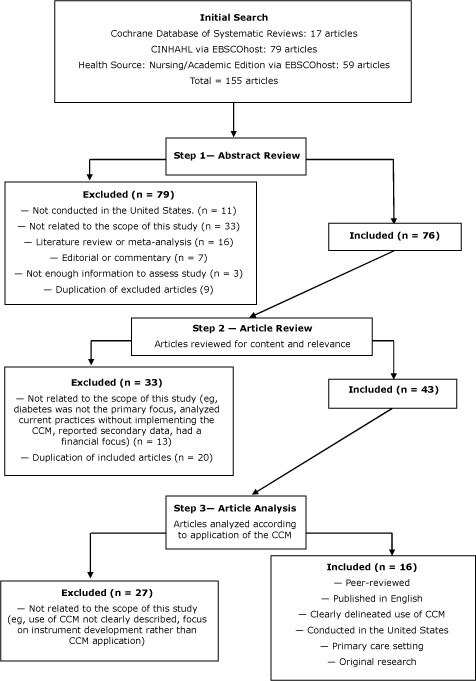


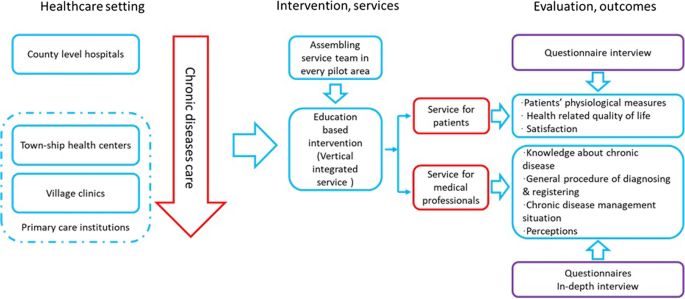


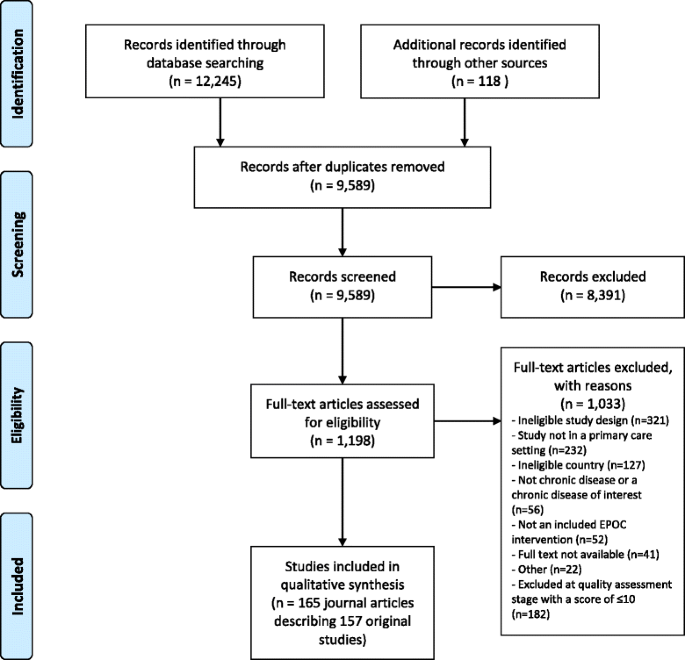


















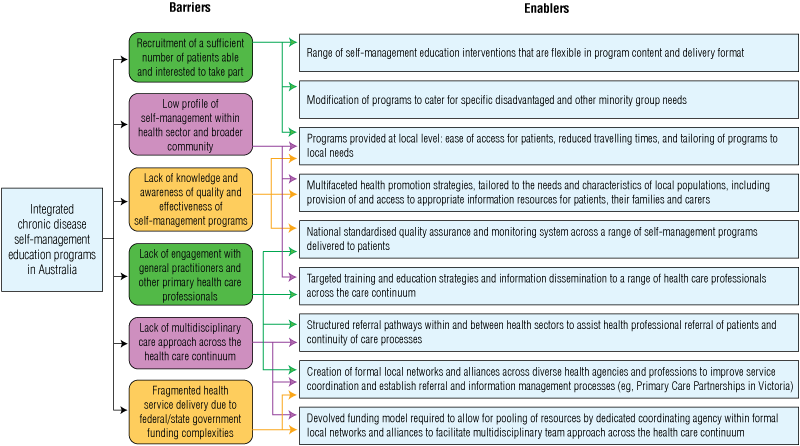


Post a Comment for "Chronic Disease Management In Primary Care"